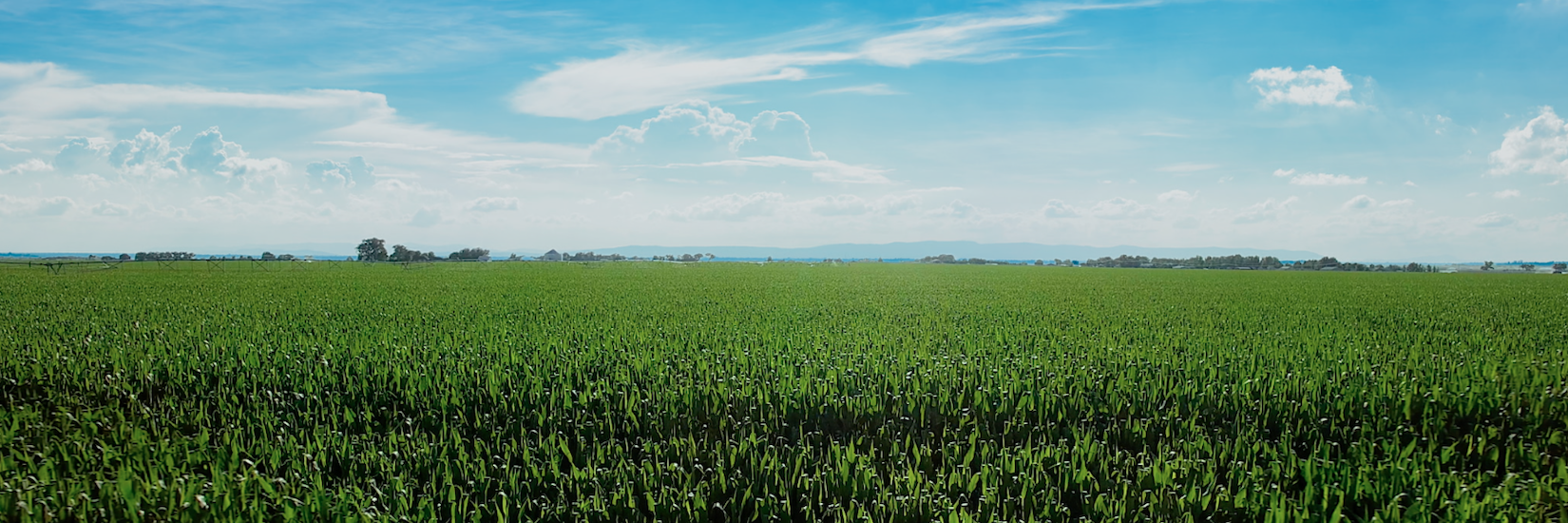Our Commitment:
The climate is changing, and we are committed to solutions that reduce the risks of climate change while providing the energy Colorado needs.

Part of the solution
The climate is changing. And Colorado’s oil and natural gas industry is part of the solution. We are cutting emissions, restoring the land after drilling, and reducing our impact. Because one dream we all have is to protect the world we all share.
Colorado’s lakes, reservoirs, and streams make our state beautiful—and more importantly, nourish our wildlife and supply our communities with water. When it comes to protecting our land, stringent state and local regulations keep Colorado healthy while ensuring we can still responsibly access our state’s vast energy resources.
Regulating Methane Emissions
Did you know Colorado’s oil and natural gas regulations are among the toughest in the country?
The Financial Assurance Rulemaking has created new protections, is now the strongest in the nation, and is a paradigm shift from current rules.
—Colorado Oil and Gas Conservation Commission (March 1, 2022)
In 2022, Colorado’s energy industry worked hand-in-hand with state regulators to implement a new “first-in-the-nation” rule slashing methane emissions. As part of a combined effort, “environment groups and the industry worked out a compromise proposal that they jointly submitted to the Air Quality Control Commission. A wide range of local governments, including Weld County, the state’s top oil-producing county, also supported or did not oppose the proposal.” In fact, the COGCC said, “the Financial Assurance Rulemaking has created new protections, is now the strongest in the nation, and is a paradigm shift from current rules.”
And in 2014, Colorado approved the first methane regulations in the nation, requiring energy companies to reduce methane emissions from oil and natural gas operations. The regulations are “more protective” than what the EPA announced according to the Environmental Defense Fund.
According to the Denver Business Journal, “field surveys by the Colorado Department of Public Health and Environment (CDPHE) of oil and gas equipment found a 75 percent drop in the number of sites where methane leaks were detected compared to similar surveys prior to the regulations.” Asked how well the regulations were working, the Colorado Department of Public Health and Environment said “Colorado’s rules are working extremely well.”
Learn more about Colorado’s tough regulations here.
Learn More!
Want to learn more about fracking? What is in fracking fluid? How much water does fracking use? Click here to get the facts on fracking in Colorado – from our state’s stringent regulations to how it powers our economy and supports our communities.

